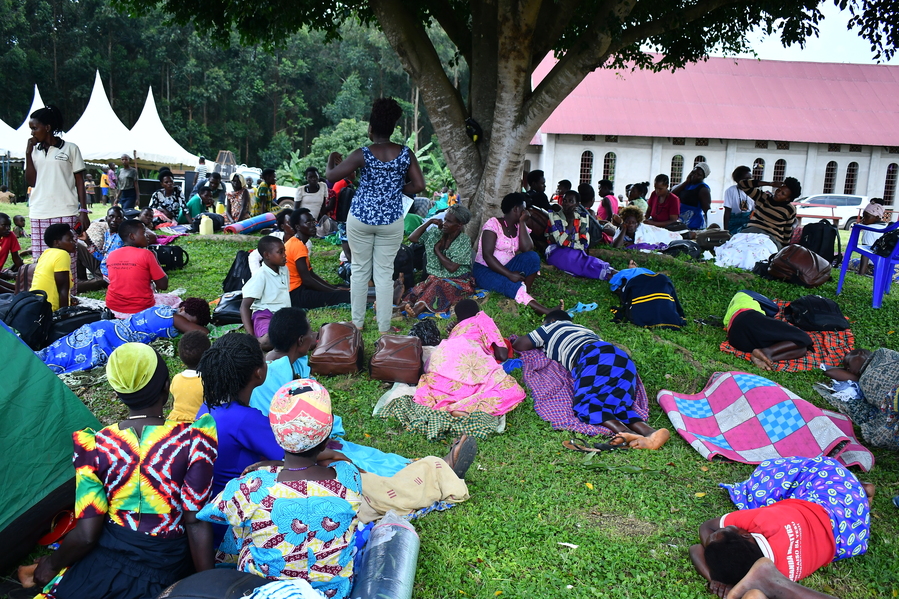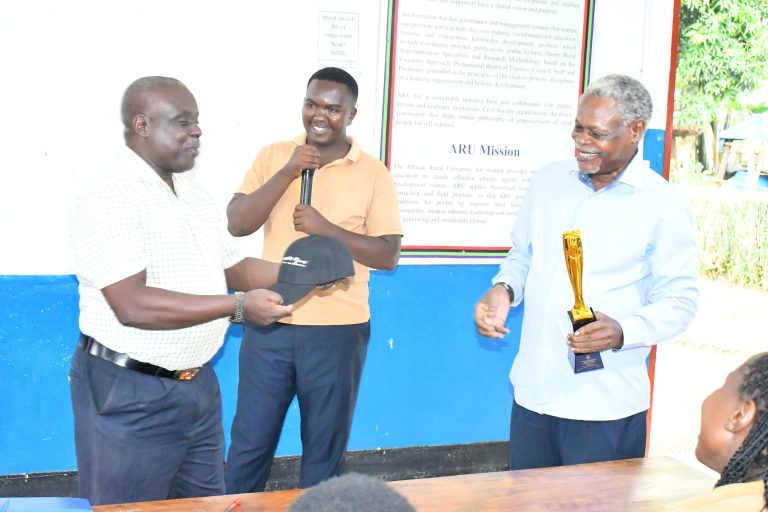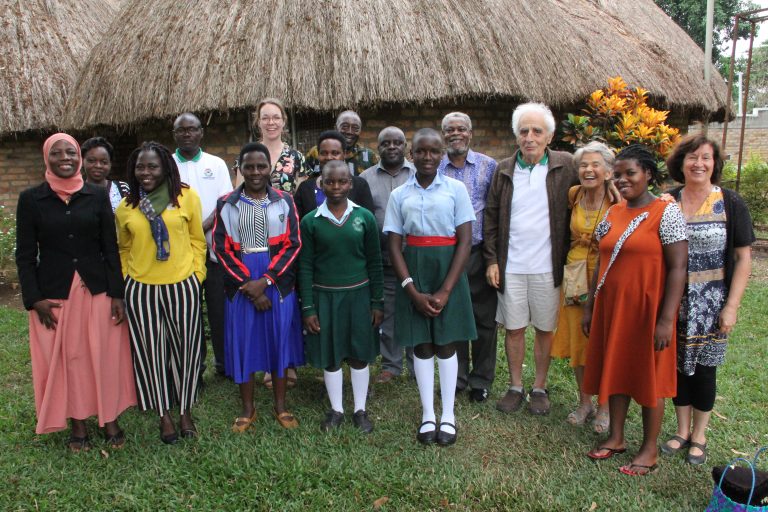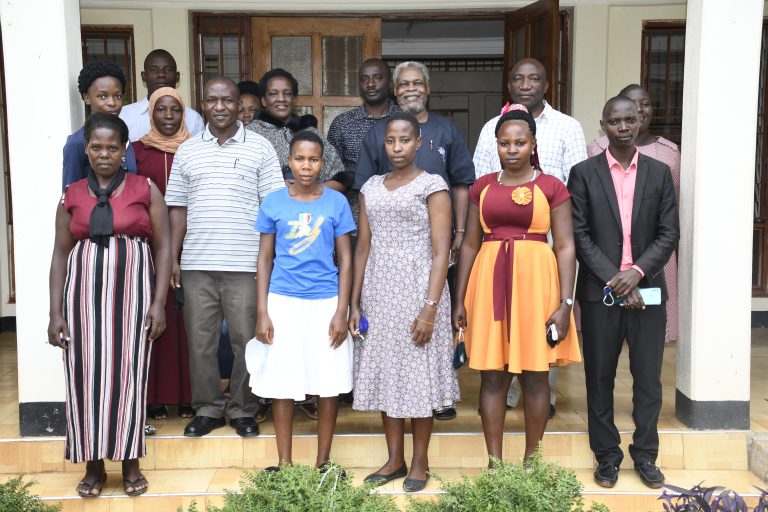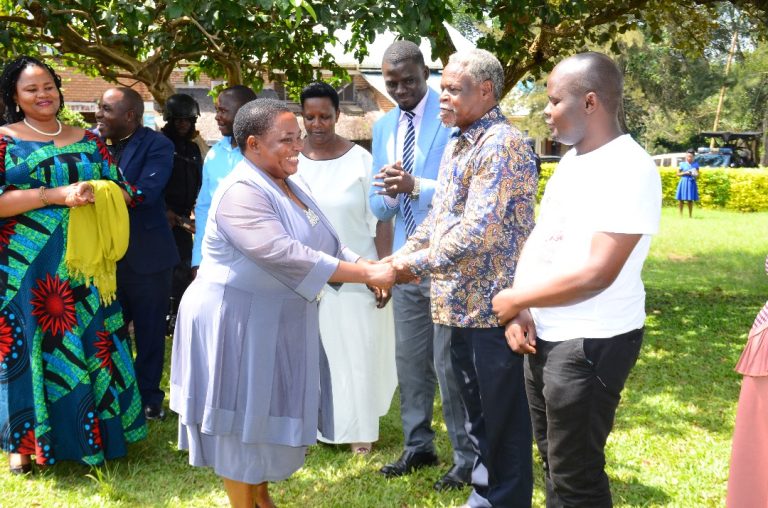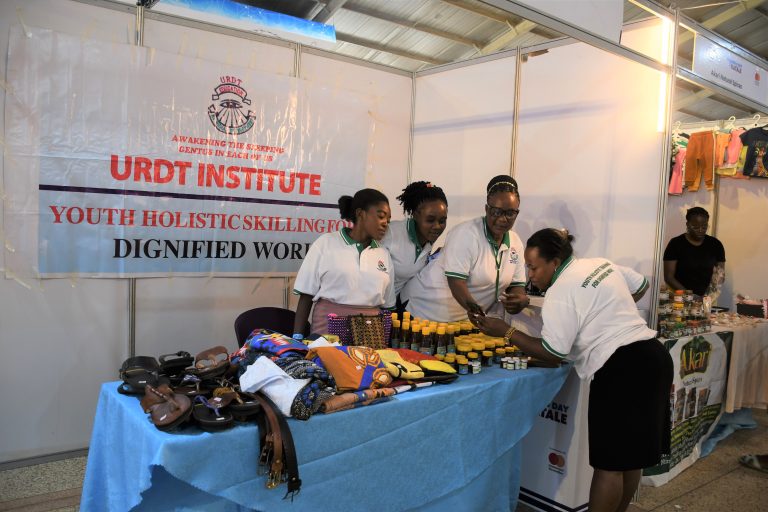Over 6000 women have been screened under the newly implemented Cervical Cancer Project in Kagadi, Kibbaale and Kakumiro Districts, following a significant increase in the number of women seeking these services.
The Uganda Rural Development and Training Programme (URDT), with support from the Female Cancer Foundation (FCF), is implementing a 2.5-year cervical cancer prevention initiative titled “The Screening Project for Advancing Cervical Cancer Awareness and Detection” (SPACC Project), which was launched in February 2024.
The project is being implemented by URDT under its Epicentre Strategy Directorate, in collaboration with District Local Governments, communities in targeted areas, and the Ministry of Health. It aims to prevent cervical cancer by providing screening and treatment for precancerous lesions in a single visit, while increasing advocacy and promoting regular cervical cancer screening for women aged 25-49.
Through this collaborative effort, URDT, supported and funded by the Female Cancer Foundation, seeks to enhance rural women’s access to cervical cancer screening services. The project focuses on detecting and treating precancerous cervical lesions before they advance into life-threatening cervical cancer
Impact on Beneficiaries
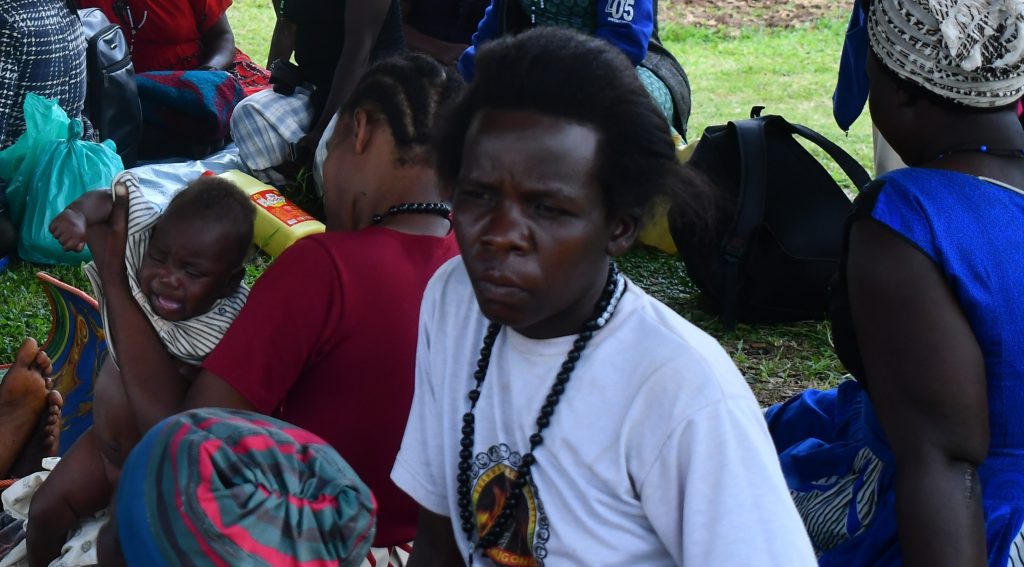
At 38 years old, Naziwa Space, a resident of Nalweyo Sub-county in Kakumiro District, shared her experience with the project. She mentioned that her nearest health center offering cervical cancer screening services was far away, but she got the opportunity to be screened during a URDT outreach event at a church seminar in Bubango Sub-county, Kibaale District.
“I was lucky to access these cervical cancer services because I had been eagerly searching for them. We were given health education, and I noticed that I had symptoms related to precancerous lesions. However, after being screened, I was found to be okay,” Naziwa narrated.
She expressed her gratitude and commended URDT for providing services to rural communities. Naziwa also pledged to share the information with other women so that they can also benefit.
“I am happy to know my status. I will now proceed to get further tests for the symptoms I have. Thank you so much, URDT,” she said.
Project Progress and Challenges
Namagembe Shamim, the project manager, revealed that since the project’s launch, over 6170 women have been screened in just eight months among these, 505 were found to have precancerous lesions and 494 have had preventive treatment. The project aims to screen a total of 15,000 women by the end of 2026.
“To achieve these outcomes, the project focuses on awareness, advocacy, cervical screening and treatment, capacity building, and sustainability. Given the promising turnout so far, we are optimistic about meeting our targets,” Namagembe explained.
However, she raised concerns about the low number of women visiting health facilities for screening. To address this, the team is intensifying awareness campaigns and involving men to encourage more women to access these critical services.
Since 2017, URDT has screened 27,504 women under various health initiatives. Of these, 1,465 women tested VIA positive, 1,606 were HPV positive, and 2,284 women with Visual Inspection with Aesthetic Acid (VIA) and Human Papilloma Virus (HPV) positive results received timely treatment. These efforts highlight URDT’s commitment to improving women’s health and ending cervical cancer.

